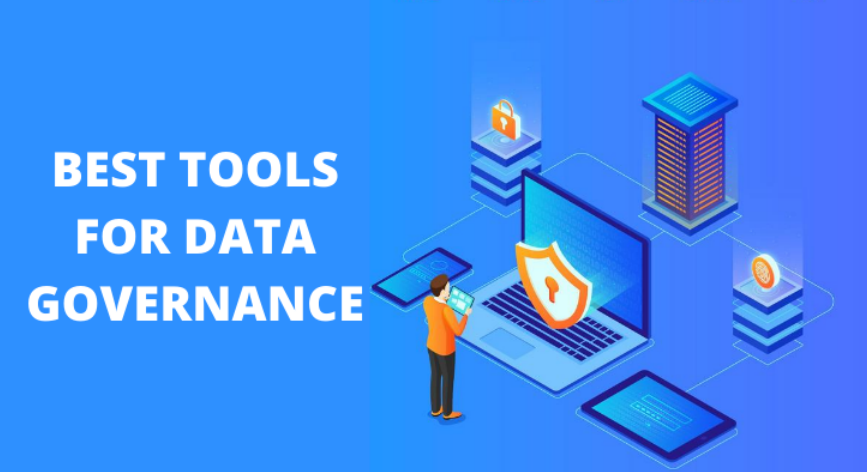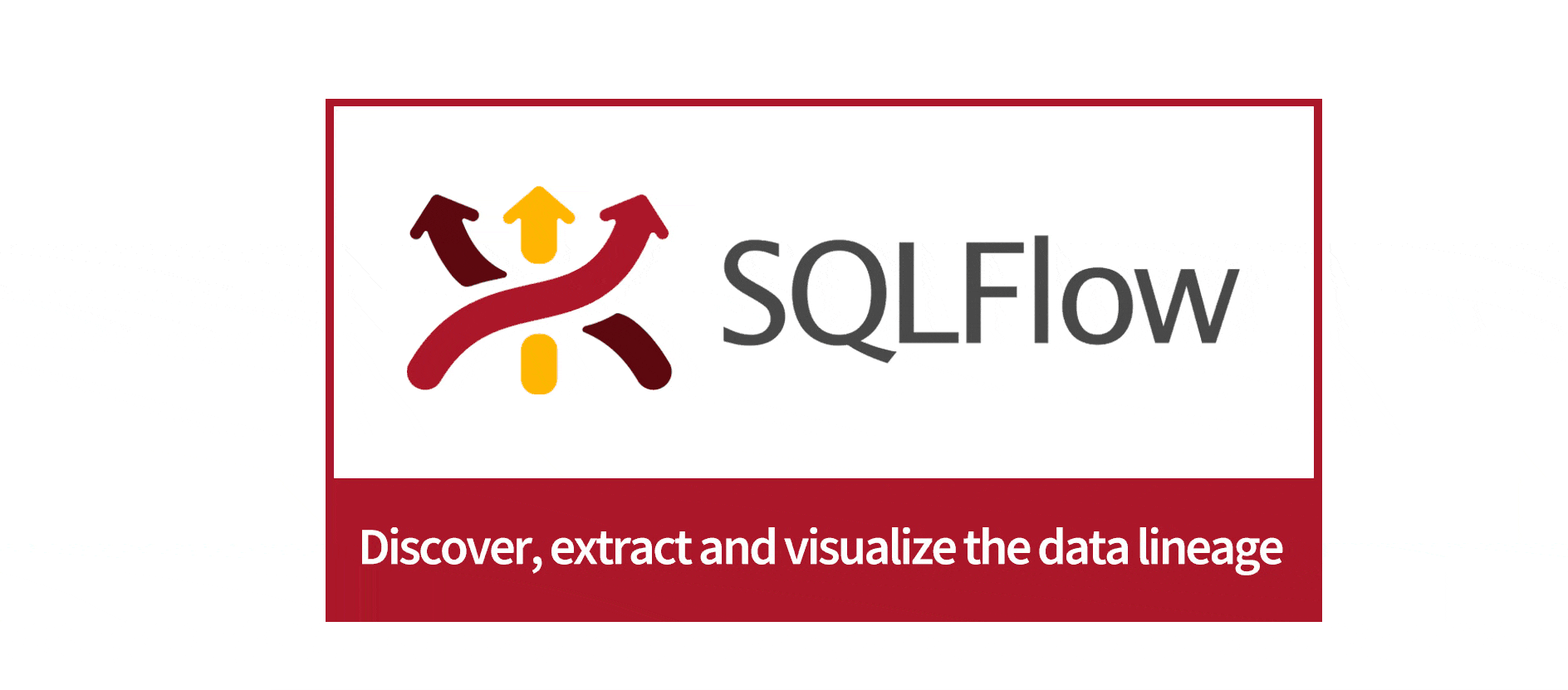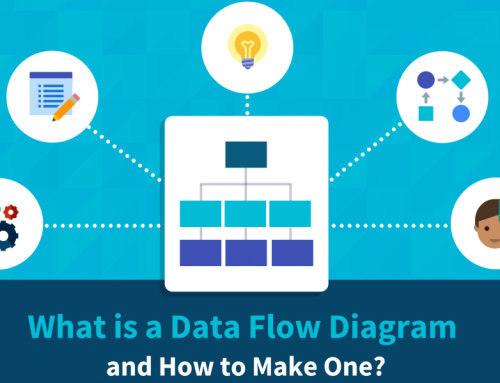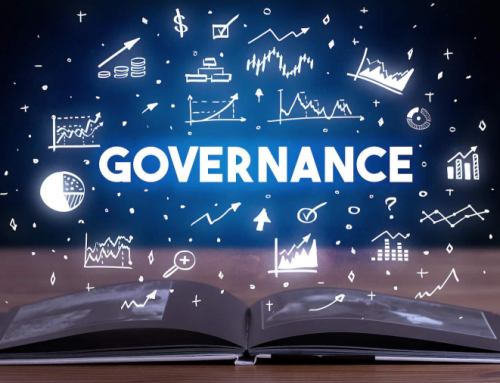How to Select the Best Data Governance Tools?
There are more and more tools on the market that can improve the effectiveness of data governance, and in addition to existing software vendors, new competitors are often entering the governance software market. So it has become increasingly difficult to choose among the many vendors and governance software. If you want to find the best data governance tools, then you’ve come to the right place. We wrote this article — How to Select the Best Data Governance Tools — to help you in your vendor selection and management process.

How to Select the Best Data Governance Tools?
Before you buy a data governance tool, you need to be prepared.
Before making a purchase decision, you need to determine why you are using the governance software and how you will derive business value from it. Once you’ve prepared these, you can evaluate governance products against them. But how do you think about which tools will meet your specific governance needs?
In order to narrow down the selection of data governance tools, we can compare the main governance tools on the market, these tools are mainly from 10 vendors, and we will analyze these products by usage scenarios and product categories.
Evaluate data governance tools by use case.
Discussing the value of data governance tools needs to be contextualized in the context of specific business scenarios. Let’s look at how vendors support the following three basic use cases:
Highly regulated industry. Financial services and healthcare organizations, particularly in the United States, are examples of this type of data governance use case. This use case requires that the software provide comprehensive data management capabilities, including support for consistency of data meaning, tracking of data lineage, workflow, and highly visible day-to-day data governance processes.
Tools that provide business glossary capabilities to maintain generic data definitions include: Alation Data Catalog, Adaptive Metadata Manager, Collibra Data Governance Center, Data3Sixty Data Collaboration Suite, Diaku Axon, IBM InfoSphere Information Governance Catalog and SAS Data Governance.
In some cases, certain products are only suitable for specific industries. For example, IBM, Collibra, and Diaku’s governance software is focused on the financial sector, while Information Builders Omni-Gen’s software is focused on healthcare providers and insurance companies.
In addition, the functionality of the glossary varies from vendor to vendor. For example, for some vendors, data discovery and term collection capabilities are at the heart of the software. Other vendors’ software is more focused on managing synonyms and other complex semantics. The tools also differ in their capabilities for browsing and importing metadata. For example, Adaptive Metadata Manager features metadata collection, while other products, such as Alation, Collibra and Data3Sixty, support a more interactive approach to data discovery.
For the use case of recording data lineage, the functionality provided by different tools varies. Some tools only assist in data lineage, others help you extract data lineage information from a dataset, and still others allow you to simply record data lineage. The way you support data lineage depends heavily on the architecture of the application (for example, whether you are using a vendor’s product or an in-house developed application, etc.), infrastructure, and database management system technology. So if needed, you have to make sure you have a good understanding of the above mentioned areas.
Workflow and project management functions are implemented differently in these mainstream data management software. Each vendor has its own unique way of managing the process. Collibra started out with workflow, so he’s already familiar with workflow management. SAP’s governance tools are largely, but not entirely, integrated with the ERP suite. Adaptive workflow features have also recently become popular. Workflow is industry specific, so when choosing management software, carefully review your requirements for this feature to ensure that the final product you choose truly meets your needs.
There is an urgent need to consolidate important data domains. Moderator-driven data governance projects stem primarily from the needs of master Data Management (MDM) and golden copy efforts. Vendor products extend this capability by combining embedded MDM repositories and data quality maintenance tools with data governance capabilities. Vendors like SAP integrate data quality, business alignment, value assessment and strategy management. SAS also integrates data governance, data quality, and policy management with MDM capabilities. Information Builders integrates data quality and data repair with MDM management capabilities.
It is important to note that many data governance tools are only applicable to specific information management use cases, such as big data or MDM, while others are universally applicable. Your specific use case will determine how you make your choice.
Availability and accessibility of data. Data governance is currently used by big data analytics and business intelligence to ensure the high efficiency of data migration and the reliability, security and relevance of data dimensions. Data governance tools in this area are similar to the other use cases mentioned above, but deployed differently.
Informatica Master Data Management specializes in big data support. Data validity becomes more assured through the use of data management, which is covered by most data governance tools, including Collibra.
Many tools are associated with or directly provide basic data quality assurance capabilities. For example, SAP’s Master Data Governance product includes extensive data quality management capabilities. As mentioned above, Information Builder’s Omni-Gen provides data repair and data specification, and Informatica also offers options for interconnecting with data quality management capabilities.
Additional Considerations for Evaluating Data Governance Tools
In fact, data governance tools reflect how data is collected and processed. This, in turn, means that data governance tools must be a good fit with your business model and technology.
While vendors can offer a wide range of licensing and deployment options, from local deployment, to remote services, Web services, and traditional client-server models. You can now try out the product by subscribing, and then choose whether to deploy locally. The same is true at the infrastructure level. For example, although many vendors offer Web services options, some of them may not work as well as others. Many vendors offer a variety of connection options, but the way they connect to other file structures also varies widely. All options can be added selectively by the user, but the price will go up. It is important to choose the right tools for your specific infrastructure.
As with many other types of software tools, you must try out the data governance tool before you buy it and make sure it fits your data governance use case. Many times, these products work well in a certain combination of circumstances and requirements. But the same product didn’t perform as well in another scenario.
In addition, data governance tools tend to work better with software from the same vendor than with software from different vendors. Sometimes, the user interface of some vendors may not suit your needs while that of others does. Keep in mind that most of the users of these tools are business data managers or other non-IT people. They may not be as loyal to their vendors as they are in other areas of data management.
A key consideration in deploying these tools is how they leverage the infrastructure, whether as a Web service or relying on on-premise servers or cloud services? Frankly, some data governance products can be deployed flexibly, so if your business leader is firmly committed to a service-oriented architecture, you need to be clear about the differences. Many vendors offer cloud-based licensing, which is a good way to keep data governance tools working without major internal technology changes.
Over time, you may need multiple vendors to keep your data governance tools meeting your needs. In this case, you must ensure that products from multiple vendors work together. While almost all tools provide common access options (such as SQL), some of them, such as Adaptive, Collibra, IBM InfoSphere Information Governance Catalog, and SAS, provide many complex interconnection options. For projects that require tweaking or proof-of-concept, this aspect needs to be heavily validated. The nature of your infrastructure and technology stack will have a significant impact on the interoperability of products from multiple vendors.
Some tool suites are better suited to large enterprises or those that invest a lot of money in the same vendor. Kits from IBM, Informatica, Information Builders, SAP, and SAS will no doubt be the first choice for these big companies. But the market for data governance tools is not mature enough for you to ignore the offerings of other small vendors. Adaptive, Alation, Collibra, Data3Sixty and Daiku offer features, prices and deployment options that are also available to many businesses.
The market for data governance software may be a bit chaotic. we hope you can understand the benefits of data governance tools for your enterprise and choose the right data governance tools for your enterprise.
Conclusion
Thank you for reading our article, and we hope it helps you better understand how to select the best data governance tools. If you want to learn more about data governance tools, we would like to advise you to visit Gudu SQLFlow for more information.
As one of the best data lineage tools available on the market today, Gudu SQLFlow can not only analyze SQL script files, obtain data lineage, and perform visual display, but also allow users to provide data lineage in CSV format and perform visual display. (Published by Ryan on Jul 23, 2022)
If you enjoy reading this, then, please explore our other articles below:



